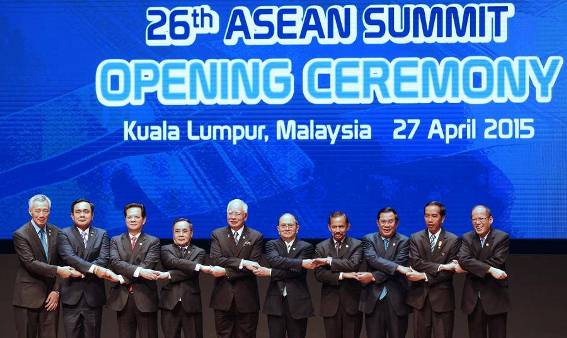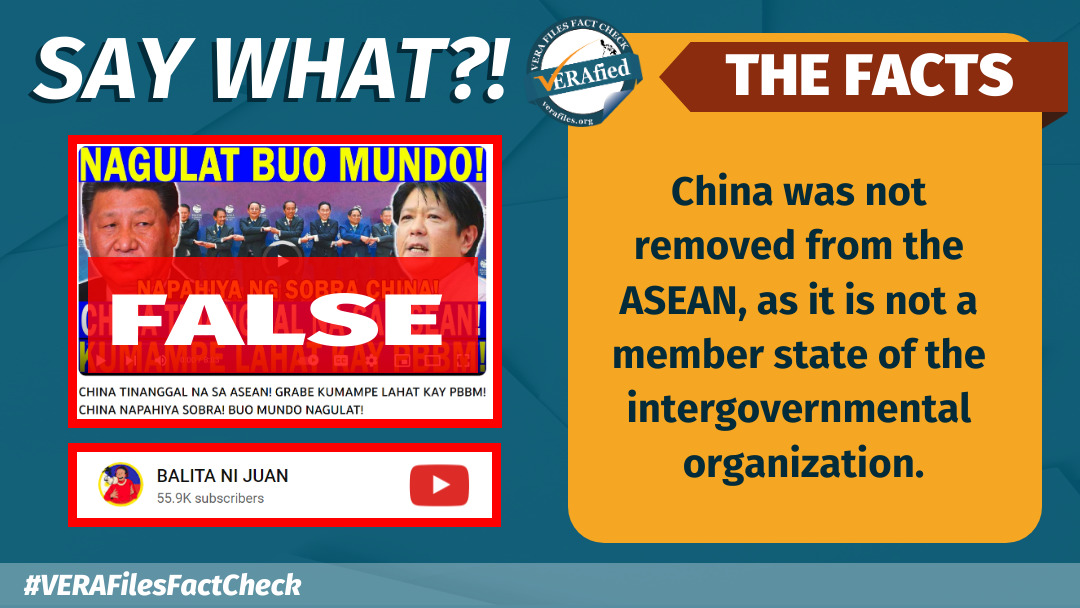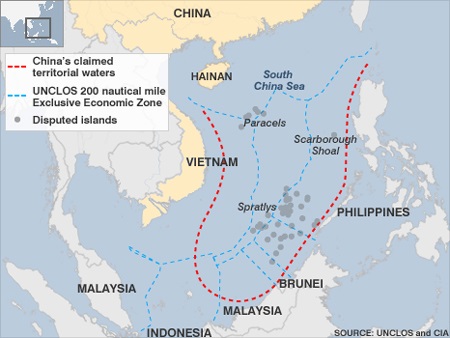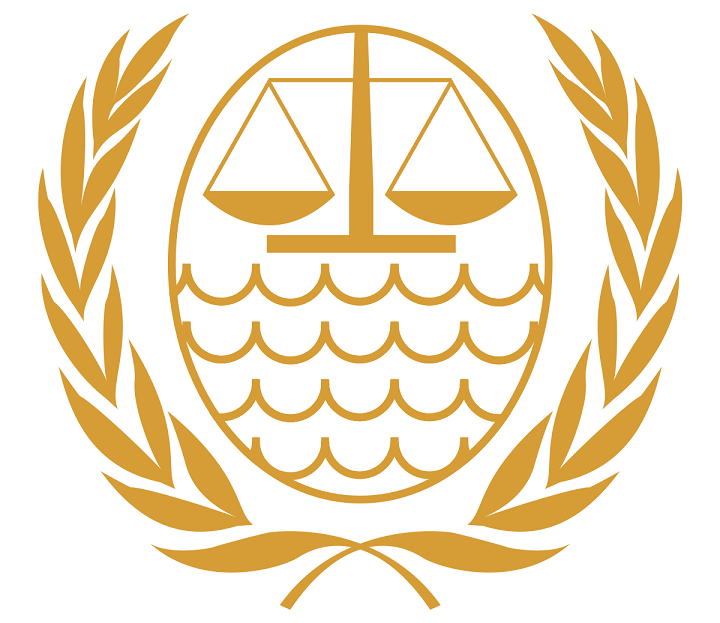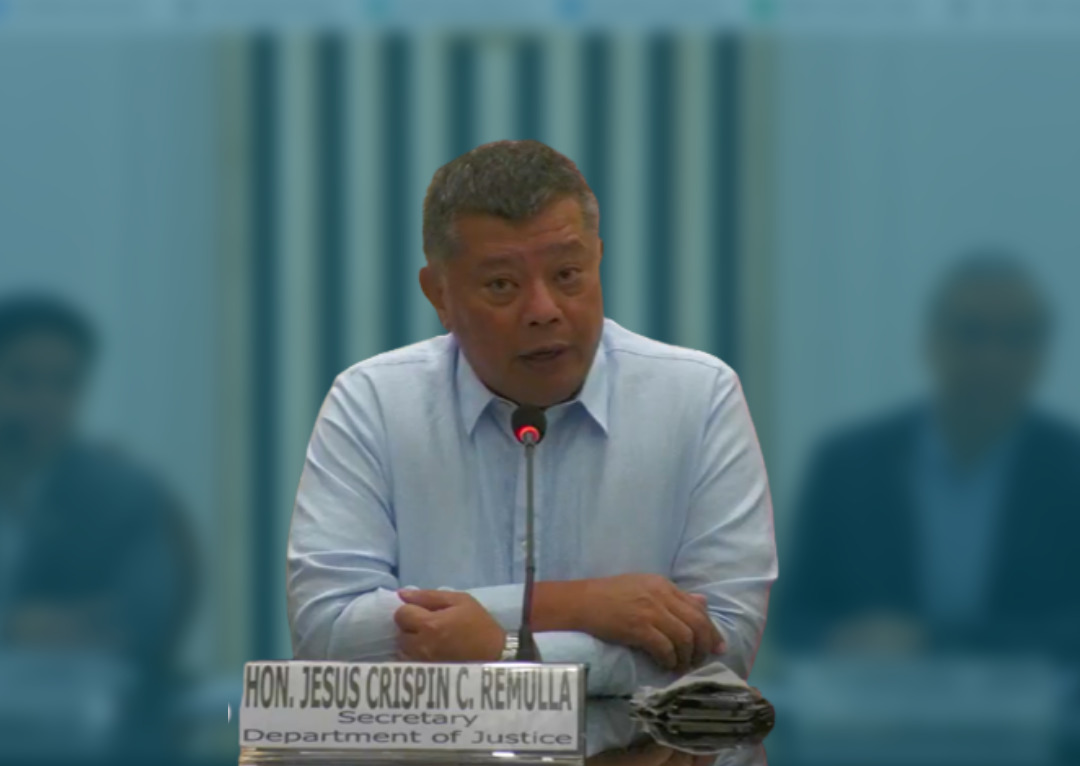By ELLEN TORDESILLAS
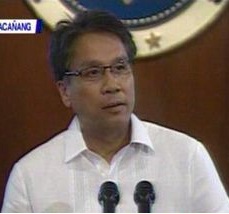 AN opportunity for newly-appointed Interior and Local Government Mar Roxas to help in the healing of bruised ties with China has been presented by the Chinese government with its invitation for him to attend the 9th ASEAN- China expo in Nanning, the capital of China’s Guangxizhuang Autonomous Region starting this weekend (Sept 21 to 25).
AN opportunity for newly-appointed Interior and Local Government Mar Roxas to help in the healing of bruised ties with China has been presented by the Chinese government with its invitation for him to attend the 9th ASEAN- China expo in Nanning, the capital of China’s Guangxizhuang Autonomous Region starting this weekend (Sept 21 to 25).
There is no word yet if Roxas has accepted the invitation.
ASEAN leaders expected to attend the Expo include Thai Prime Minister Yingluck Shinawatra , Vietnamese Prime Minister Nguyen Tan Dung and Myanmar President U Thein Sein.
President Aquino is going to Brunei on Sunday to attend the wedding of a son of Sultan Bolkiah.
China is being politically astute in inviting Roxas.
The event is a trade-related and the relevant officials would be from the Department of Trade and Industry. Although Roxas is seen more as an economic person, he has just been appointed secretary of the Department of Interior and Local Government.
Yet, Roxas is head of the Liberal party, the party of President Aquino. His desire to run for president in 2016 is no secret.
The invitation to Roxas indicates China’s desire to patch up relations with the Philippines severely damaged by the April 2012 confrontation at the Panatag shoal, 124 nautical miles off Zambales.
It also belies the conclusion of armchair Philippine analysts that Chinese President Hu Jintao snobbed Aquino in Vladivostok when the announced meeting in the sidelines of the 24th Asia Pacific meeting didn’t take place. Why would the Chinese leader snub a meeting that they themselves requested?
The reason was plain and simple scheduling problem which was made more complicated by the many other problems that cropped up for China’s Hu.
Hu was more than an hour late for the Sept. 9 Leader’s meeting as he was reportedly busy on the phone because of the earthquake that struck Yunnan province in the southwestern part of China killing some 80 people and damaged thousands of homes and buildings that day.
The delay in the start of the meeting expectedly moved the closing ceremonies to a later time causing complications in the schedule of all the leaders.
Aside from Aquino, the Chinese delegation was also arranging for a meeting between Hu and Japanese Prime Minister Yoshihiko Noda. The only time slot available for Hu for a side meeting was given to Japan’s Noda instead of Aquino.
The issue between Japan and China is much more serious and urgent than the China-Philippine territorial conflict. A few days before the Vladivostok meeting, the Japanese government bought the three of the four main Senkaku Islands which are also being claimed by China (Diaoyudao in Chinese) from its private owners for $25.5 million. The purchase in effect nationalized the Senkaku issue which angered Beijing.
The China-Japan conflict over Senkaku continues to rage with violent against demonstrations against Japan in 85 cities in China.
The latest news said China is sending 10 of its maritime surveillance vessels to the uninhabited gas-rich Senkaku islands and two have already entered Japanese territorial waters. Some 1,000 fishing vessels have also been reported to have left different Chinese ports bound for Senkaku.
US Defense Secretary Leon Panetta who was visiting Japan Tuesday expressed concern that “provocative behavior” by either side could lead to misjudgments, violence and, potentially, open warfare.
He urged both countries “to find a way to avoid further escalation.”
With so many other fires that China is trying to put out and the impending turn over of leadership from Hu to Xi Jinping (who re-surfaced Saturday after being unseen for two weeks), it is understandable that China would want to repair relations with the Philippines.
A senior Chinese Foreign Ministry official has called the Department of Foreign Affairs to convey the Chinese President’s apology for the one-on-one meeting with Aquino that didn’t push through. Both sides are working on a future informal leaders meeting.
The next opportunity would be at the East Asia summit with dialogue partners in Cambodia on Nov. 15 to 20. It would be Premier Wen Jiabao who would representing China.
